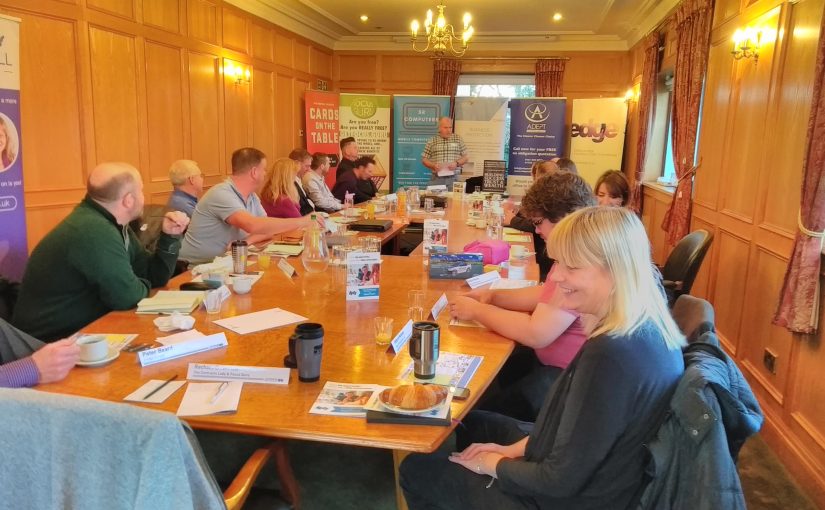I was always taught that with “the right attitude you can achieve anything you set your mind to” and this got me thinking. What is the “right attitude”? Where does it come from? How do you know when you have it? I think you can break it down into four elements and that it really PAYS to cultivate these elements into your everyday life, at home and at work.
The four elements I identified are: Positivity, Acknowledge Achievements, You First and Start Today.
I talk about these in more detail in my Focus Guru Power Hour packages. Please contact me if you would like to hear more about my 121 support and strategies for success.
Let’s look at the four elements individually and see if there are areas you could change in your life that would make a big difference to your level of happiness and success.
Breaking down PAYS
P = Positivity
Positivity to me is being able to see any situation from multiple points of view and choosing the best outcome to think about. There are plenty of people who are never happier than when they’ve missed the bus, or who love to recount tales of when things went wrong. That’s not to say I don’t reflect on problems, but I always look for the good side and what opportunities are available. As Brad Burton, Founder of 4Networking and Now What Club, would say, “what does this make possible?”.
A = Acknowledge Achievements
With the right attitude it becomes easy to acknowledge your achievements. For many of us it might seem like you’re blowing your own trumpet, but I like to think of it as being your own cheerleader. Everyone’s level of achievements is different, and that’s ok. You might consider winning an award, filing your tax on time, or gaining a new client, as achievements. Equally, if you’re going through a bad patch, simply getting out of bed to go networking on Zoom might be your goal. I recommend writing your achievements on sticky notes and placing them in your office to remind you how good you are.
Y = You First
In the acronym, “Y” is for “You First”. You are only human and if you can’t look after yourself you won’t be able to help others as much as you would like. This might be hard for you to change if you are the primary carer or breadwinner, but I cannot recommend enough how important it is to take a few minutes out of your day just for yourself. You’ll come back to your tasks refreshed and re-energised. It will help you stay positive and be able to do more on your achievement list.
S = Start Today
It’s never too late to start making the changes to lead you towards a happy and successful place. From clocking signs of overwork and overwhelm, to making the call to make changes, there’s always time to take the necessary steps forward in your journey.
I believe it PAYS to have the right attitude. I’ve made changes in my life to use this formula on a daily basis and it works! Sharing these tips is a starting point.
“Rachael is incredibly professional, supportive and approachable.” – Sharnelle Simcock, Pumpkin PA
If you’d like to find out more about how you can be positive even when things go wrong, how to recognise and acknowledge your achievements, how to identify what’s important and put yourself first, then please book your Focus Guru Power Hour and let’s get started today.
Rachael Chiverton, Focus Guru – Giving You Your Time, Your Way

